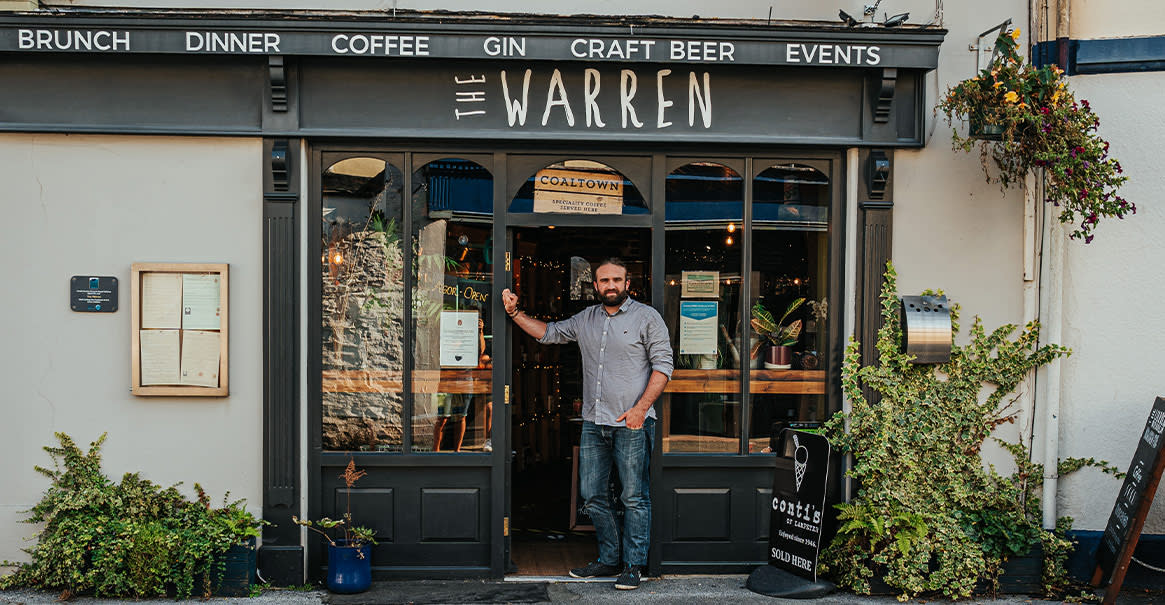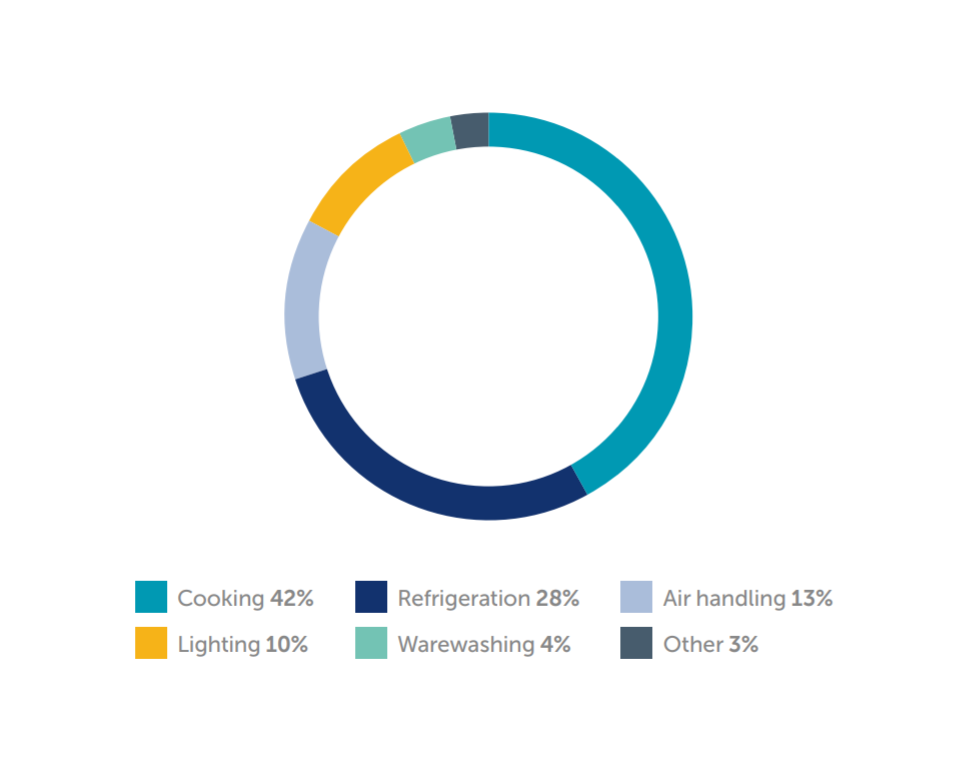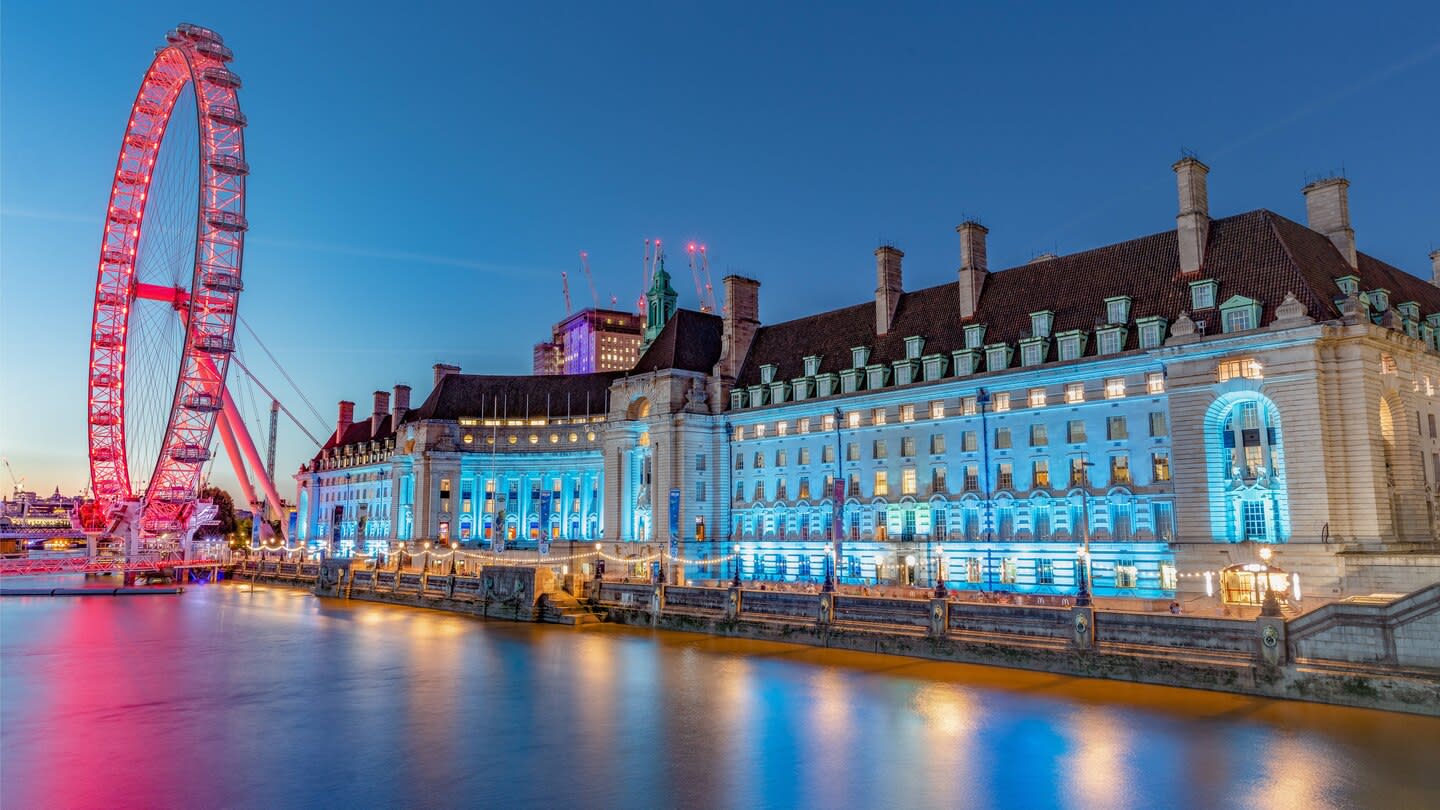The Warren – from farm to fork: renewable energy
Diners at The Warren can eat their greens, Welsh produce and coffee prepared with 100% green energy.
Deri Reed opened his Carmarthen café and restaurant in 2016 with strong sustainable and ethical goals.
He felt the need to lead by example and looked into switching to green energy.
Deri says: “I rang my broker, Farmers Energy, who said ‘we can switch you over to 100% renewable electricity and gas’ and when I worked out how much it would cost I thought: let’s just do it.”
The Warren now runs on green electricity and gas from SSE Energy Solutions.1
I was shocked at how little extra green energy would cost. I think if more businesses knew how easy it was to switch, it’d be a no-brainer.
Key facts: The Warren
Operations: Hospitality
No. of employees: 10
The challenge: Powering a busy, compact kitchen and dining area at The Warren, a multi-award-winning, sustainably driven café and restaurant in Carmarthen.
The solution: 100% renewable SSE Green Electricity from SSE’s wind farms and hydro power stations1 and SSE Green Gas Plus from sources like agricultural materials, food waste and wastewater.
Tackling the climate change crisis, one dish at a time
“Sustainability is at the forefront of what we’re doing,” says Deri, who was the Sustainable Restaurant Association’s (SRA) Chef of the Year 2019/20. “The SRA helps us with writing policies, training our staff and so on.”
Sustainably driven sourcing
This sustainable drive extends to The Warren’s supply chain. “I’m continually making changes to try to make The Warren as sustainable as possible, and I want to work with others who are doing the same," says Deri.
“We’re choosing to work with companies and local businesses that have similar ethics to ourselves. We buy a lot of our produce from independent, small, organic wholesalers and cooperatives. The cooperative that we buy our staple ingredients from runs its hybrid trucks on biodiesel. I’m environmentally conscious about everything that we do, and energy is a big contributor to our impact on the planet.”

The Warren’s customers can be confident that they’re supporting an eco-conscious business. Certificates verify SSE Green’s source traceability, matching the renewable energy to the restaurant’s usage from the national grid.
Deri says: “I want to work with people who are looking further down the line at what they can actually do to make the necessary changes. The world isn’t perfect but that’s what we need to work towards.”
Small businesses are the backbone of the UK economy and have a huge role to play as we work together to power change. It’s great to work with innovative small businesses on achievable solutions that make a real difference.
A kitchen’s carbon footprint
Commercial kitchens can use 10 times the energy of an average commercial building. Here’s an example of how a gastro-pub consumes electricity and gas.2
If all the UK’s 128,605 restaurants, pubs, cafés, bars, takeaways and mobile food traders4 optimised their energy usage, it would make a significant contribution to the country’s net zero emissions target.
An energy-efficient, low-waste restaurant
Deri has made changes to reduce The Warren’s carbon footprint. He says: “The restaurant industry is incredibly energy-hungry and can be very wasteful if it’s not monitored, so we have a few practices on site to reduce that as much as we can.” These include composting waste food, reusing cardboard in the garden, installing LED lights and controlling heating.
The Warren is upgrading to energy-efficient equipment too. “We’ve invested in an electric triple-glazed oven, which has helped to cut our energy bills down drastically from using a gas oven,” says Deri. “It’s also made life in the kitchen more comfortable for our chefs as it doesn’t heat the whole room up. There are other things that we can look at changing when the time comes, like potentially moving our gas hobs or boiler system to electric.”
Saving energy is not all around money; it’s about being conscious of how much we’re consuming, and not letting it get out of hand.
- All our renewable electricity is sourced from wind and hydro assets wholly or partly owned by SSE Renewables, our sister company in the SSE Group. With SSE Green Electricity, you’ll continue to get your electricity through the national grid as normal, and we’ll match your consumption to REGOs from the SSE Group’s generating assets.
- Electricity Use in the Commercial Kitchen, S. Mudie, E.A. Essah, A. Grandison, R. Felgate reading.ac.uk/web/files/tsbe/Mudie_TSBE_Conference_Paper_2013.pdf.
- Calculated using BEIS Fuel Mix Disclosure Data Table 2019-20 gov.uk/government/publications/fuel-mix-disclosure-data-table.
- Inter-Departmental Business Register (IDBR), 13 March 2020 ons.gov.uk.


